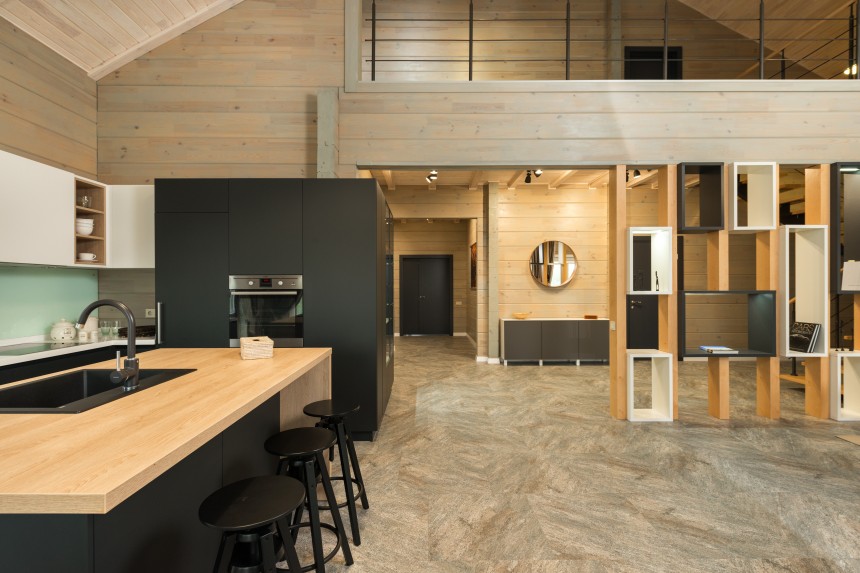Best Tips for Commercial Property The panel

Managing a commercial property can be a complex task that requires careful planning and attention to detail. If you’re part of a panel responsible for overseeing or managing a commercial property, here are some important tips to keep in mind:

1. Clear Communication
Effective communication is essential within the panel and with tenants, contractors, and other stakeholders. Regular meetings and updates can help ensure everyone is on the same page.
2. **Set Clear Objectives**:
Define clear objectives and goals for the property. This could include financial targets, occupancy rates, maintenance standards, or sustainability goals.
3. **Budget Management**:
Develop and stick to a comprehensive budget that includes all expenses, from maintenance and repairs to insurance and property taxes. Regularly review and adjust the budget as needed.
4. Tenant Relations
Maintain positive relationships with tenants. Respond promptly to their concerns and ensure lease agreements are clear and fair to all parties. Retaining long-term, reliable tenants is often more cost-effective than frequent turnover.
5. Regular Maintenance
Implement a proactive maintenance plan to keep the property in good condition. Regular inspections can help identify issues early and prevent costly repairs later on.
6. Compliance and Regulations
Stay updated on local, state, and federal regulations that may affect the property, including zoning laws, building codes, and environmental regulations. Ensure the property is compliant with all requirements.
7. Security and Safety
Prioritize the safety and security of the property and its occupants. Invest in adequate security measures, such as surveillance systems and access control, and conduct safety inspections regularly.
8. Sustainability
Implement sustainable practices to reduce the property’s environmental impact and potentially lower operational costs. This could include energy-efficient lighting, HVAC systems, and waste reduction initiatives.
9. Tenant Mix
Carefully curate the mix of tenants to create a diverse and stable income stream. Avoid over-reliance on a single tenant or industry.
10. Risk Management
Identify potential risks and have contingency plans in place for emergencies, such as natural disasters or economic downturns. Adequate insurance coverage is also crucial.

11. Market Analysis
Continuously monitor the local real estate market to assess rental rates and property values. This information can help inform lease negotiations and property valuation.
12. Technology Integration
Embrace technology to streamline property management tasks. Property management software can help with rent collection, maintenance requests, and financial reporting.
13. Documentation
Maintain organized and thorough records of all property-related documents, including leases, maintenance records, and financial statements. This documentation is invaluable for legal and financial purposes.
14. Professional Expertise
Consider hiring or consulting with professionals such as property managers, accountants, lawyers, and contractors when needed. Their expertise can help navigate complex issues and ensure compliance.
15. Long-Term Planning
Develop a long-term strategy for the property. This might include plans for renovations, expansions, or repositioning the property in the market.
16. Community Engagement
Engage with the local community and build positive relationships. Being a good neighbor can enhance the property’s reputation and potentially attract tenants.
17. Exit Strategy
Have an exit strategy in place, even if you don’t plan to sell the property immediately. Knowing your options in case of changing circumstances is prudent.
Managing a commercial property requires a strategic and multifaceted approach. By following these tips and adapting to changing circumstances, your panel can effectively oversee and maximize the value of the property.






